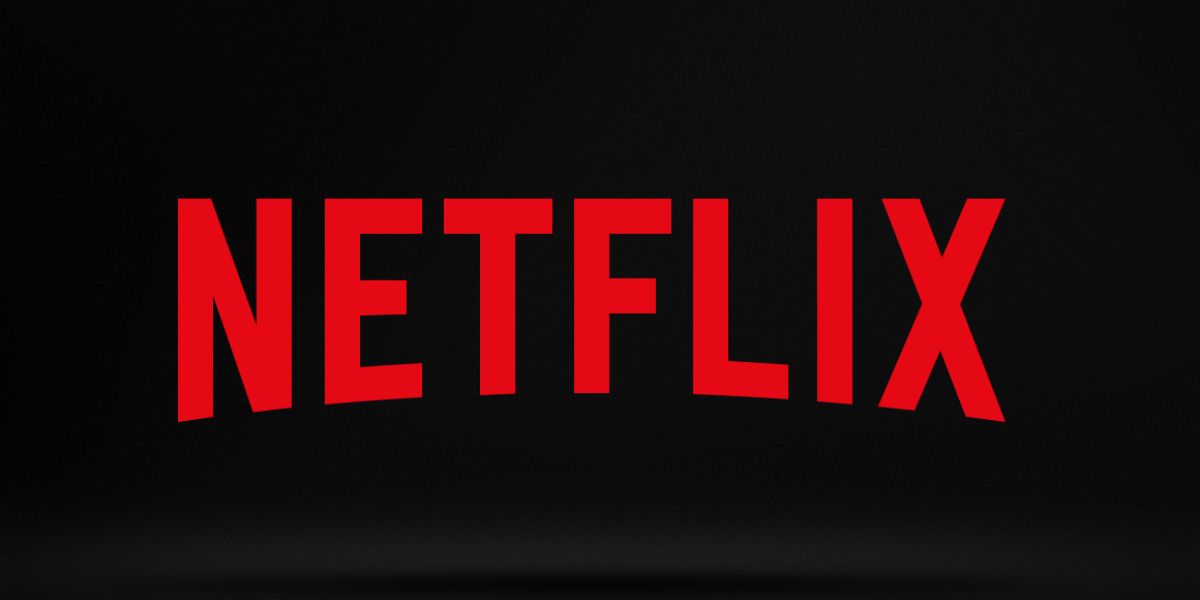Netflix has plans to produce more original content in addition to expanding their presence around the world, but they'll need to dive deeper into debt to do so. On the surface, Netflix appears to be the streaming giant to compete with, the company that drove Blockbuster and other brick-and-mortar video rental stores out of business. And while that notion is certainly true, the fact of the matter is, Netflix doesn't actually make any money -- at least not in the sense of turning a profit every year.
Last year, Netflix had racked up long-term debt exceeding $3.36 billion, and that number has since increased exponentially. By the same time this year, the streaming service had registered long-term debt upwards of $4.84 billion. The bulk of that money goes toward licensing third-party movies and TV shows, in addition to bankrolling their own original programming. After all, obtaining the rights to Disney movies (including Star Wars and Marvel movies), for example, shortly after they hit home video, in addition to TV shows, can break the bank. For instance, two years ago, Hulu won the bidding war for the exclusive streaming rights to Seinfeld by paying a whopping $160 million for five years.
Related: TV Shows That Cost Netflix A TON Of Money
Netflix's goal has always been to expand their original programming so that they can rely less on third-party movies and TV shows, in addition to rolling out their service across more countries. In order to do that, the tech giant has announced that they have borrowed an additional $500 million of revolving credit from five lenders, including Goldman Sachs and Deutsche Bank AG (via Variety).
According to the company's filing, they expect to use the money for "working capital and general corporate purposes," as well as continue to have negative free cash flow for several more years. For most companies, having nearly $5 billion of long-term debt with the outlook of having negative free cash flow for the foreseeable future could be troubling, but for Netflix, it's just another day. They have built an empire with their streaming service and have since paved the way for other tech giants -- such as Amazon and Hulu -- to join the fold with their own original content.
At this point, Netflix's programming budget has exceeded $15.7 billion (compared to $13.2 billion in 2016), and all that money has helped them develop their own movies and TV shows, such as Marvel's The Defenders and Bong Joon-ho's Okja, both of which have been making headlines these past few weeks. Furthermore, the additional credit will allow them to expand their global presence and continue to build upon their already 100+ million subscriber base.
Next: Will Netflix Ever Actually Make Any Money?
Source: Variety


